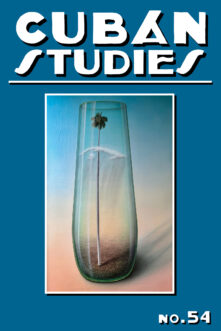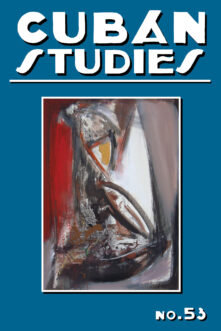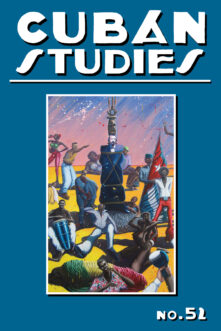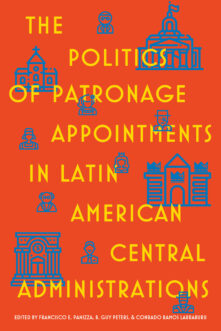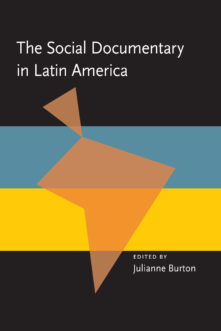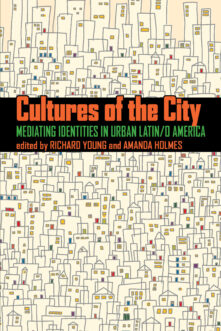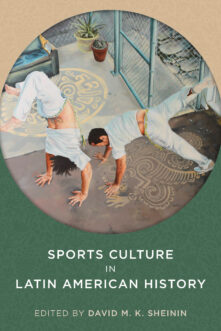Books
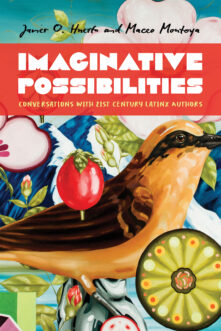
Imaginative Possibilities
Conversations with Twenty-First-Century Latinx Writers
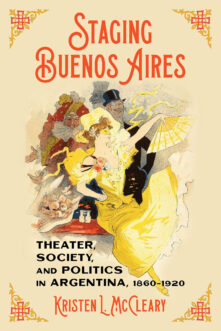
Staging Buenos Aires
Theater, Society, and Politics in Argentina, 1860-1920
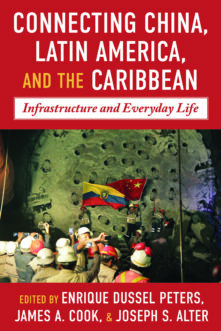
Connecting China, Latin America, and the Caribbean
Infrastructure and Everyday Life
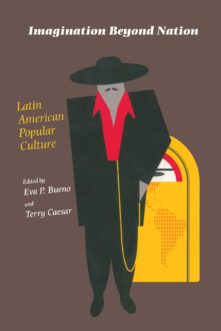
Imagination Beyond Nation
Latin American Popular Culture
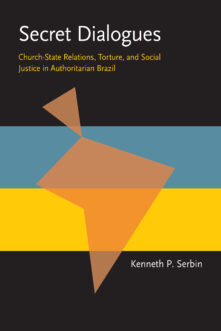
Secret Dialogues
Church-State Relations, Torture, and Social Justice in Authoritarian Brazil
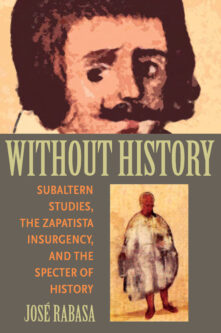
Without History
Subaltern Studies, the Zapatista Insurgency, and the Specter of History
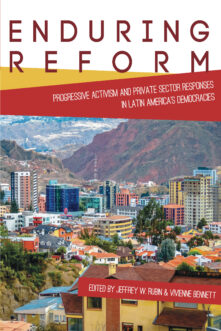
Enduring Reform
Progressive Activism and Private Sector Responses in Latin America's Democracies
Total 24 results found.


